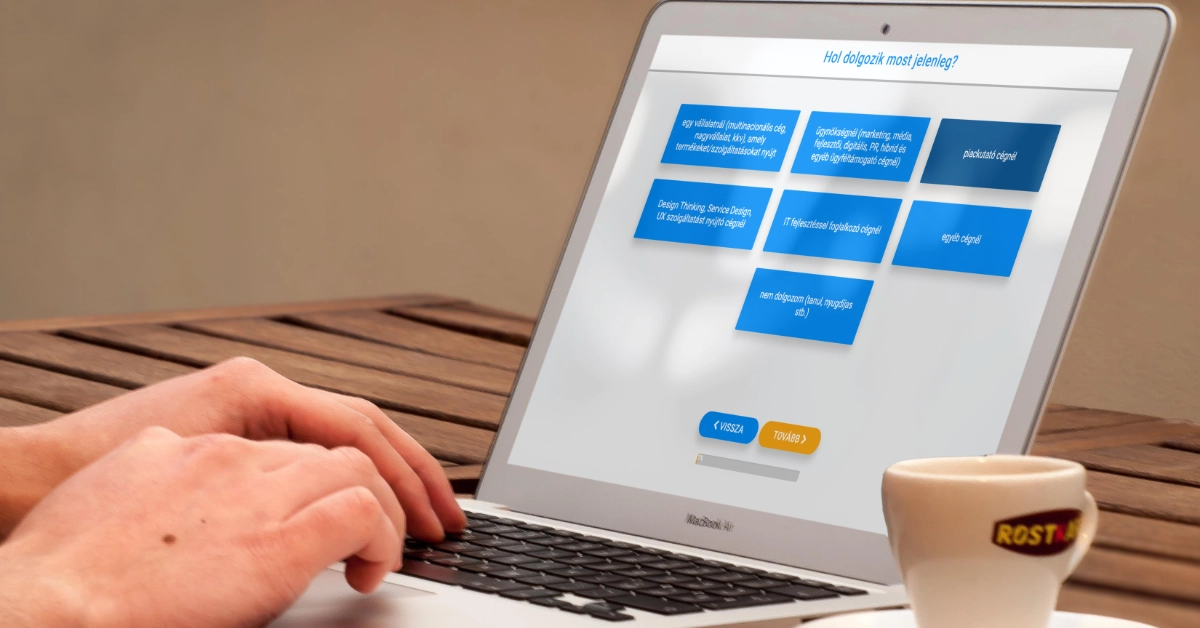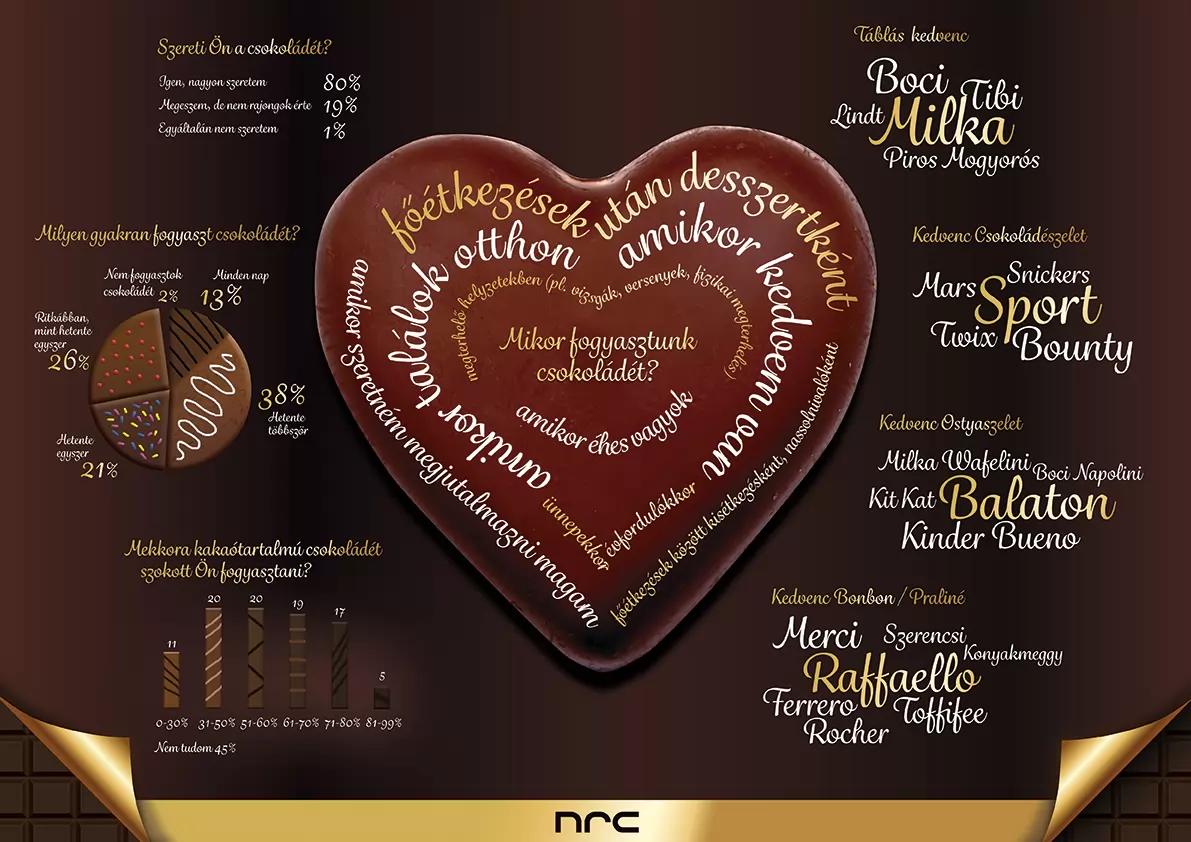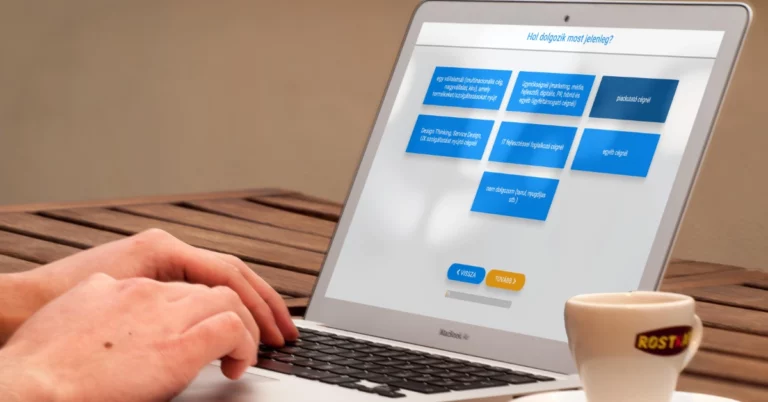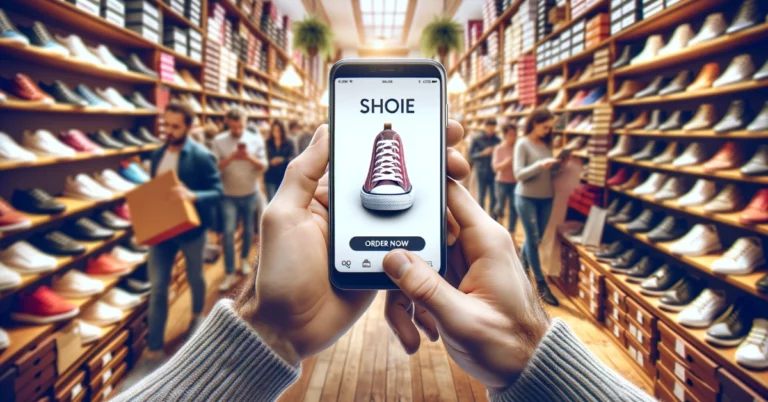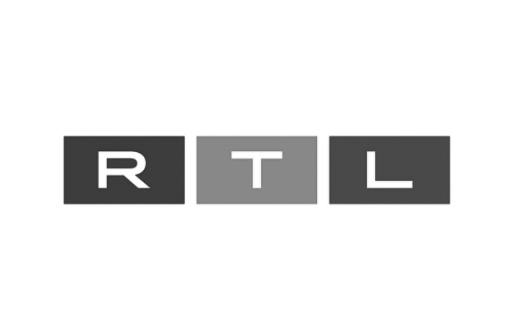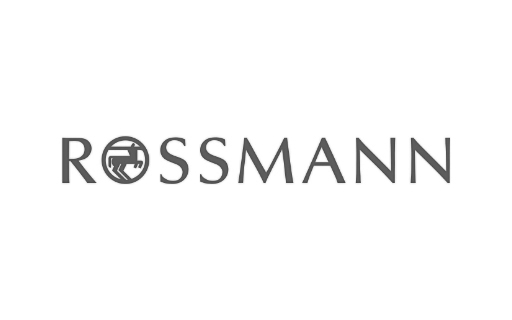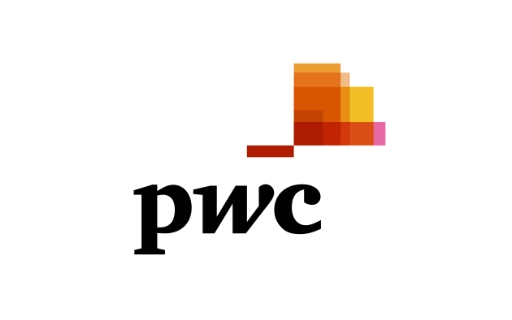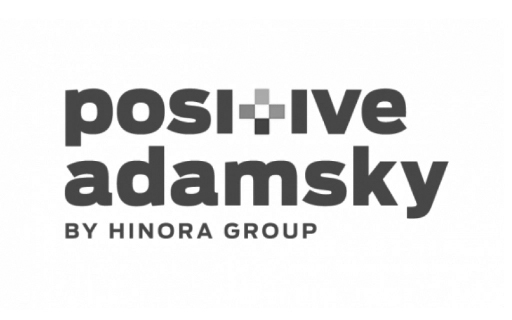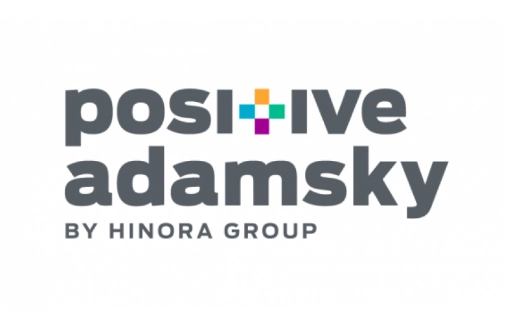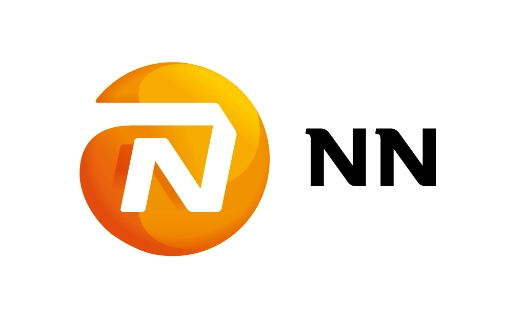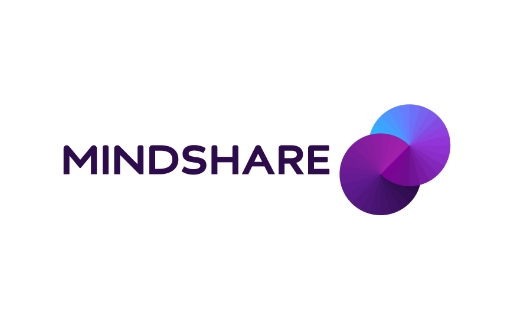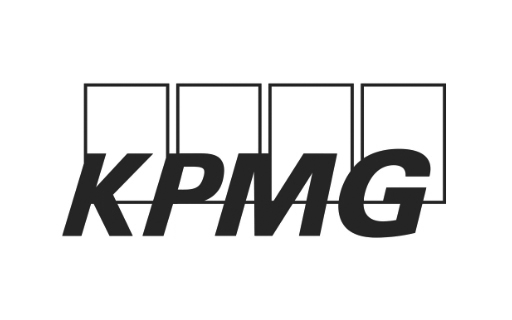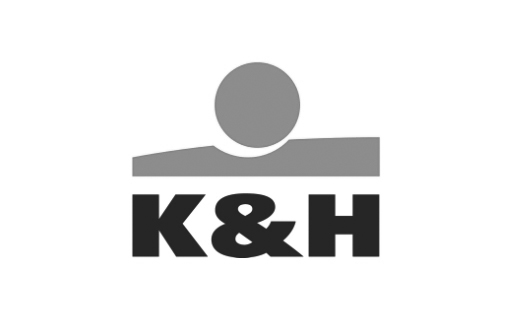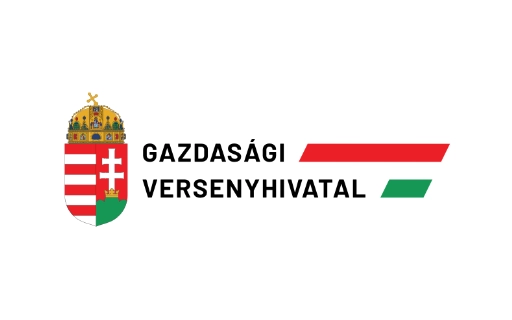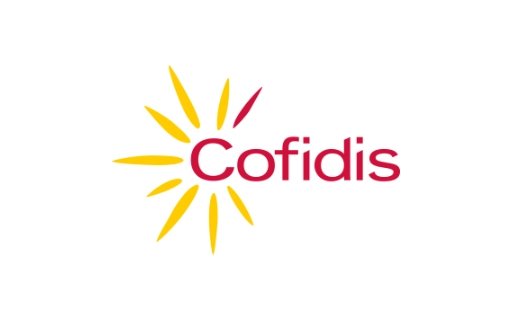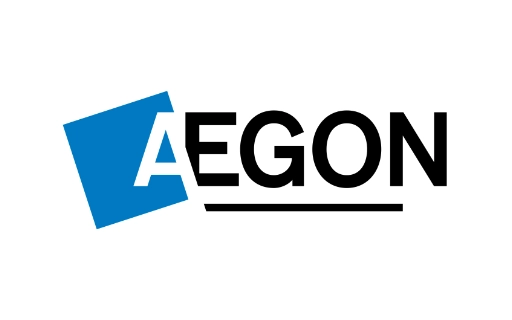
Nine out of ten internet users use the web to find out more about a product or service before making a purchase, compare the offers of different manufacturers and distributors and make their decision on this basis.
Online information is most common for high-value consumer durables, and it is mainly official sites - company websites, online shop catalogues - that are used for this purpose, with user-generated content (forums, blogs) playing a much smaller role today.
On 11 May 2007, a presentation was given at the Interactive Marketing (IMA) conference on the role of the internet in influencing consumer decisions. The presentation used the results of an NRC survey conducted specifically for the conference to show how many people search for information online, where and what information they look for before making a purchase.
The data shows that two thirds of internet users are careful to buy only the products they really need, 57% check for special offers and almost as many shop around before buying a higher value product. All this suggests that for the majority of internet users, the web can be an excellent way to make more informed shopping decisions.
It is therefore not surprising that 91% of internet users now gather information online before making a purchase. Moreover, every year more and more people are taking advantage of this opportunity: 55% in 2004 and 26% in 2001. This is in line with the trend towards the entertainment internet becoming a useful internet: more and more internet users are using the web to do their daily business, as a way to do it more easily, conveniently and efficiently (but also to keep in mind the development of the supply side: the growing number of people using the web to find this kind of information is also due to the increasing availability of more and better information on the web).
Information on higher value products
Domestic internet users still search online mainly before buying higher value goods and services. In the past year, 53-53% had looked online before buying a computer or mobile communications product, 37% had looked for information on consumer electronics and 28% had looked for information on cars. (Of course, these proportions are much higher among those interested in or buying a particular type of product.) The internet is mostly used to compare prices, but many people also use it to compare the range of products and services offered by different companies.
Internet users mainly use the websites of manufacturers and distributors for information before making a purchase, but online shops also play an important role (even in cases where the purchase is not made here): 56% use the former and 48% the latter. A quarter of online marketplaces are used by a quarter of netizens for information, and the same proportion also visit various shopping forums. Blogs still play only a minor role in the purchasing decision: only 3% get product information from them.
Internet users are most likely to trust the information on the websites of various government agencies and professional organisations: 94% have a high level of trust in the product information they find there. Information published by manufacturers and distributors is trusted by 73%, but only 17% trust it completely. 62% consider consumer forums to be credible, but only 5% really trust the information they provide.
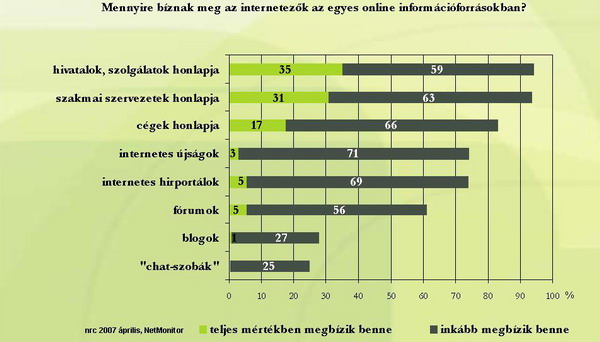
Today, only 7% of internet users read blogs regularly and 35% visit them occasionally. 45% of readers also get consumer insights from blogs, but as mentioned above, very few people still search specifically for this content. This may be because only a quarter of internet users consider the purchasing information on blogs to be credible, and only 1% trust them completely.
Online customer services expected to speed up administration
A fifth of internet users have had a serious consumer problem in the past year - 84% have contacted the company concerned, but 5% have done nothing to resolve the problem. It is interesting to note that in such cases, internet users also prefer to deal with the problem in person: 64% have tried to resolve the problem in person, 47% by phone and only 35% have used an online channel.
In line with this, the proportion of people who have used some form of online customer service is quite low. 27% of internet users have had such experience, but three out of four internet users would like to do it online in the future if necessary. Three quarters of internet users, while expecting online customer services to be comprehensive, also expect faster service than traditional ones, and while a majority considers email to be sufficient, a third of internet users also expect a well-functioning online customer service to include VoIP connectivity.





